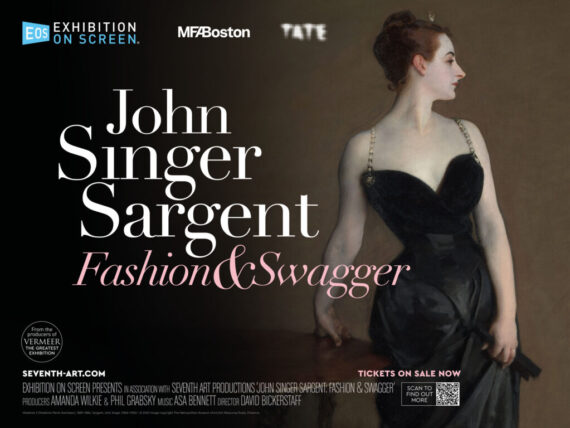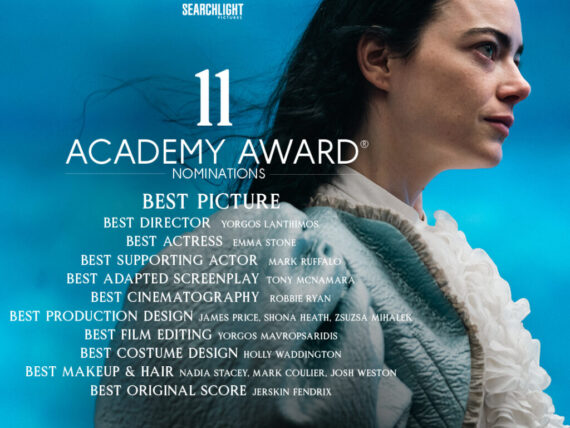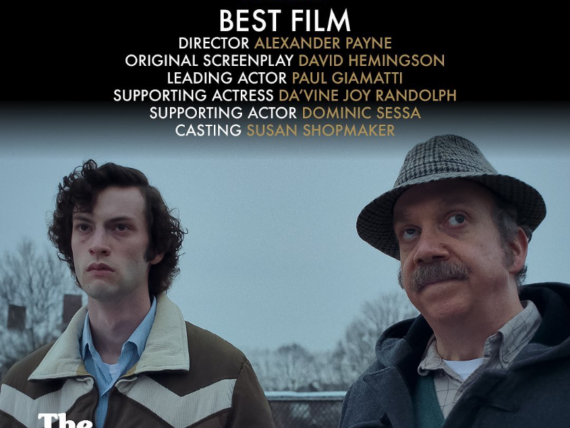Blue Velvet is showing at Plymouth Arts Centre on 8 December.
Blue Velvet (1986) is playing as part of the BFI’s season of love films, and I cannot wait to see its intoxicating imagery and subliminal warped desires projected onto the big screen for the first time. It remains the defining statement from modern American cinema’s most recognisable, uncompromising and accomplished artist, David Lynch. It is also one of those pretty rare collisions between single-minded creativity and a studio willing to put its money where its mouth is.
Lynch had cut his teeth with pictures such as the alien and forbidding Eraserhead (1977) and the heart-breaking Elephant Man (1980). Although these were peculiar in their own way, they were arguably without a signature style running through them. This all changed with Blue Velvet, which is the wellspring for everything he has done since, whether this is the offbeat murder-mystery series Twin Peaks or the Oscar-nominated psychodrama Mulholland Drive (2001).
We open, fittingly, with plush blue velvets rippling along to some orchestral strains. The velvet parts to reveal Bobby Vinton’s 1963 classic ‘Blue Velvet’ singing down from a brilliant blue sky. A white picket fence pens in some blood red roses. A fire truck waves by; some children straggle past a lollypop lady on their way to school. The primary colours are so vivid they are almost blinding. Is this heaven? Or perhaps a rose-tinted view of a long-lost America?
The paradise in question is rural, small-town Lumberton, into which strolls Jeffrey Beaumont (Kyle MacLachlan). He is an all-American college boy taking a break to be near his sick father. While skipping stones in a field one day he finds a disembodied ear, crawling with ants. Jeffrey teams up with neighbourhood girl Sandy (Laura Dern) to track down where the ear has come from, which leads them to mysterious lounge singer Dorothy Vallens (Isabella Rossellini). Undertaking some amateur espionage, they are soon in over their heads.
The set-up seems like something from a garish comic strip and in some ways the characters, the dialogue and the songs all misdirect the viewer into thinking we are watching an exercise in kitsch. Do not be deceived. For Lynch, more than any other filmmaker, understands what happens when these kinds of fantasy curdle into nightmares.
We are given a hint of the darkness to come at the beginning. Shortly after we are shown Jeffrey’s father having a seizure in his garden, the camera chooses to burrow down into the undergrowth, where we see insects feasting on each other at the edge of an abyss. The real danger does not truly invade, however, until around half an hour in.
Jeffrey has been caught by Dorothy hiding in her apartment. There is a knock at the door and, when he is forced to hide again, Jeffrey peers back into the room and sees the demonic Frank Booth (Dennis Hopper) enter. It is important not to give away what happens next in this scene, for those who have not seen it. Suffice it to say that while Frank sucks on a canister of noxious gas to prepare himself, it appears we have been transported from a place of intriguing noir into a crucible of psychic, carnal horror.
If Jeffrey and Sandy are the embodiment of goodness and innocence in this world, then Frank is the personification of the evil in it. But his malevolence is also rootless and chaotic and this ultimately proves his undoing. In one scene, Jeffrey and Dorothy are kidnapped by Frank and taken to the desert bordello of Ben (Dean Stockwell). In a short interlude, while Ben mimes a version of Roy Orbison’s ‘In Dreams’ into a lamp, Frank looks on transfixed, lip-syncing along. There is something animalistic in his eyes. In spite of his vileness Frank seems, at heart, childlike as well.
At one point Sandy wonders aloud whether Jeffrey is a detective or a pervert. This could also be asked directly of Lynch, or even the audience paying to watch it. Like Jeffrey spying through the wardrobe slats, we are naive in our perception of what we are seeing and also perverted through our curiosity. It is this strange and uneasy ambivalence you feel while watching it that ultimately proves to be Blue Velvet‘s triumph, and is a sound reason why it has continued to fascinate people over the last thirty years.
There are exceptional performances throughout by everyone involved. This is from MacLachlan as the conflicted Jeffrey, to Dern as the irreproachable Sandy and Rossellini as Dorothy, the captive caught in a twisted kind of Stockholm syndrome. Hopper, as Frank, gives a performance of frightening intensity that really is the stuff of PTSD (he apparently requested the role directly from Lynch, giving the reason “I am Frank“). The mood is kept under tight control throughout, thanks in large part to the score of Angelo Badalamenti (this was his first collaboration with Lynch). But of course most credit is due to Lynch himself – it is his clean slate from everything that had come before and is the work with which he has left his permanent thumbprint.
Do not try and tell me, incidentally, that whoever programmed for this to go on the BFI’s season of love films did not do so with a mischievous smirk on their face. But in a funny sort of way this is more of an apt dissection of love and desire than any other film on the roster. Blue Velvet endures as a pivotal moment in cinema’s sexual development.
Ieuan Jones








Comments
No comment yet.